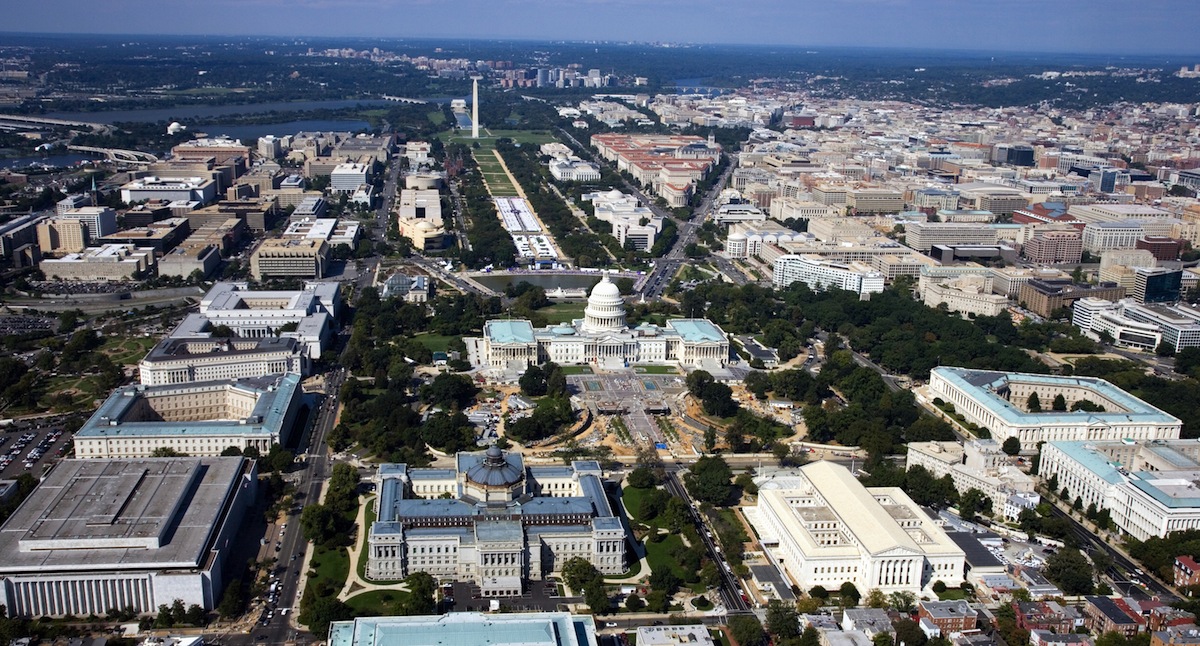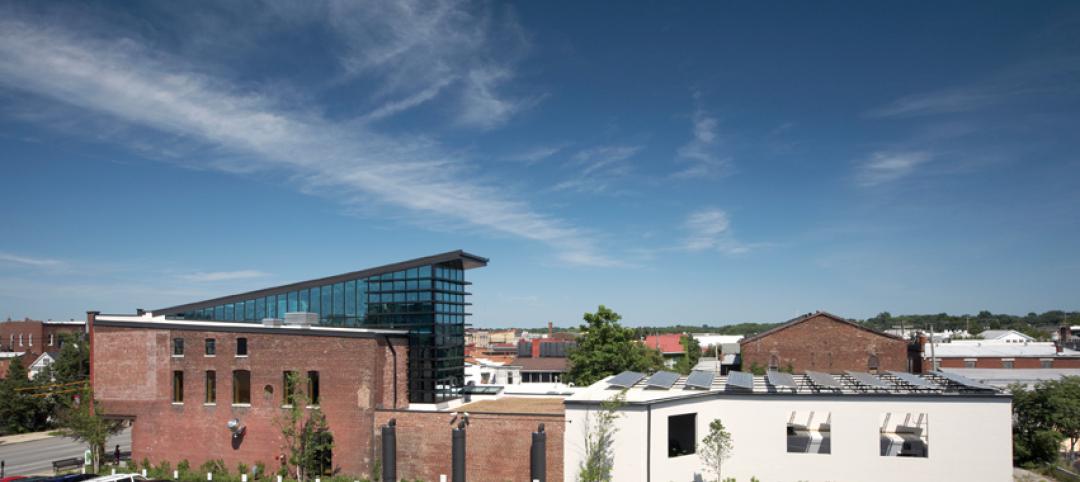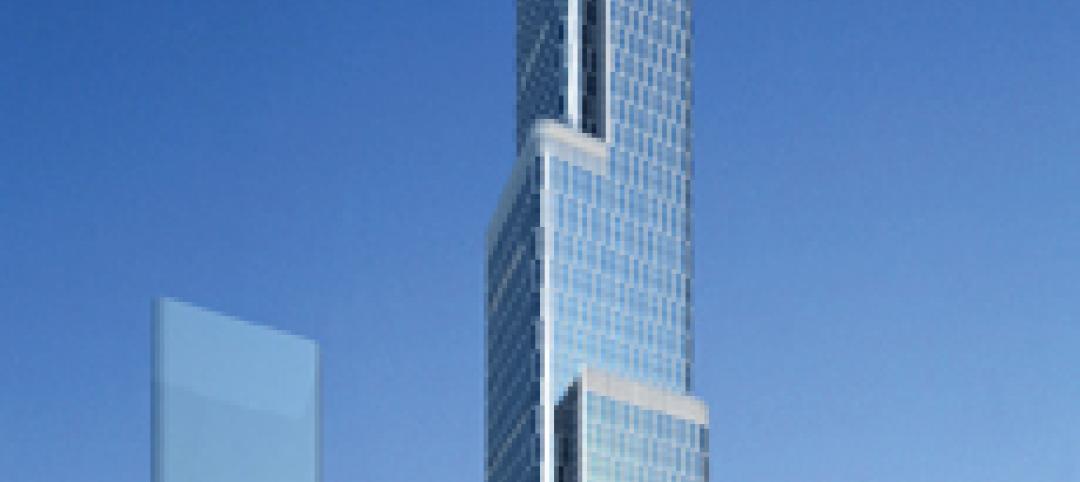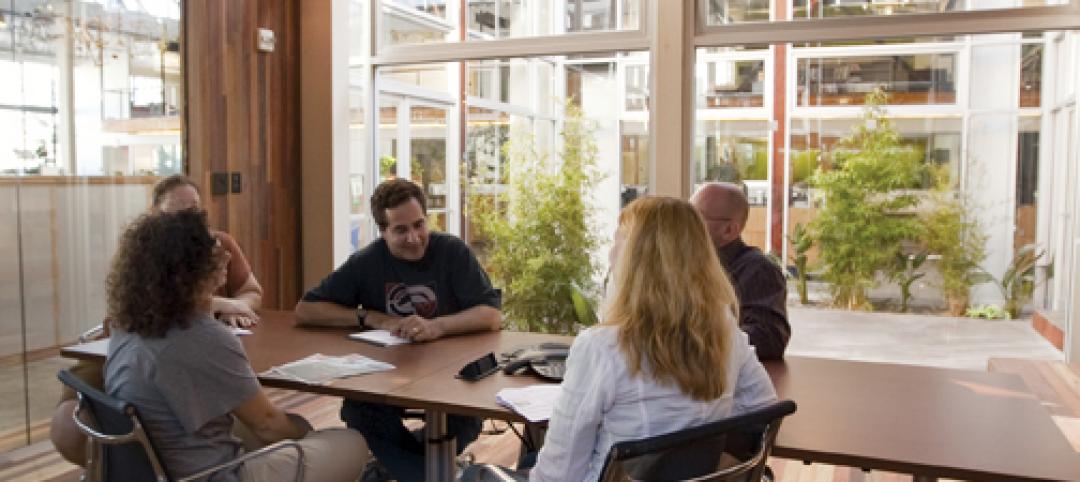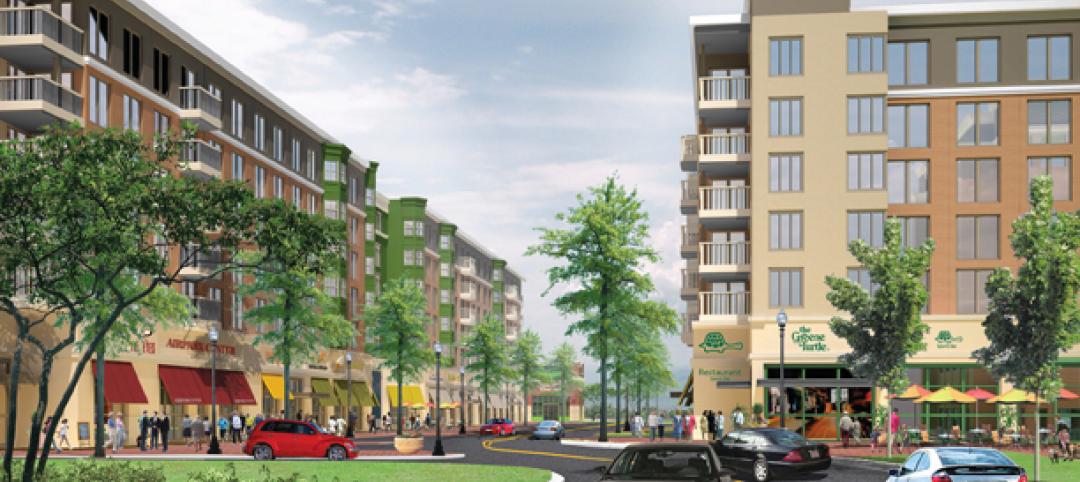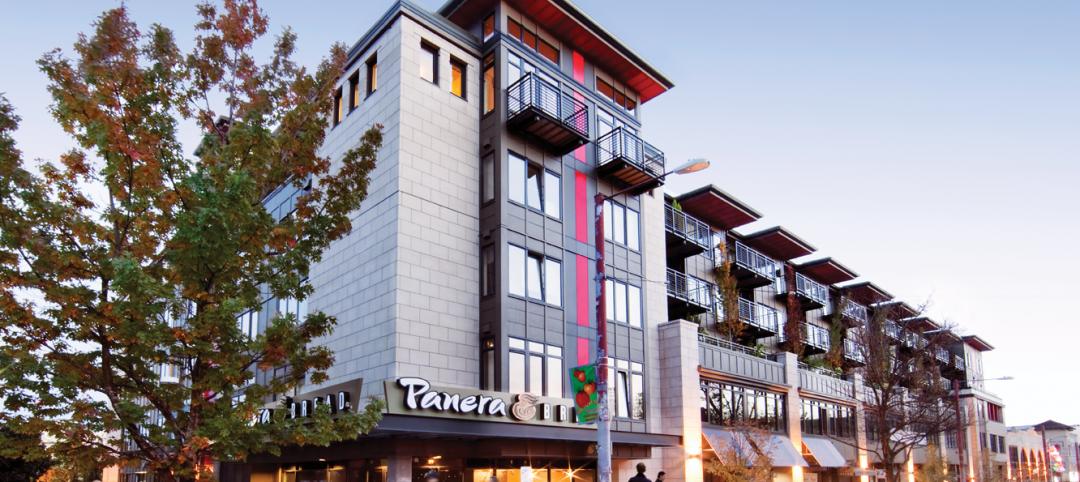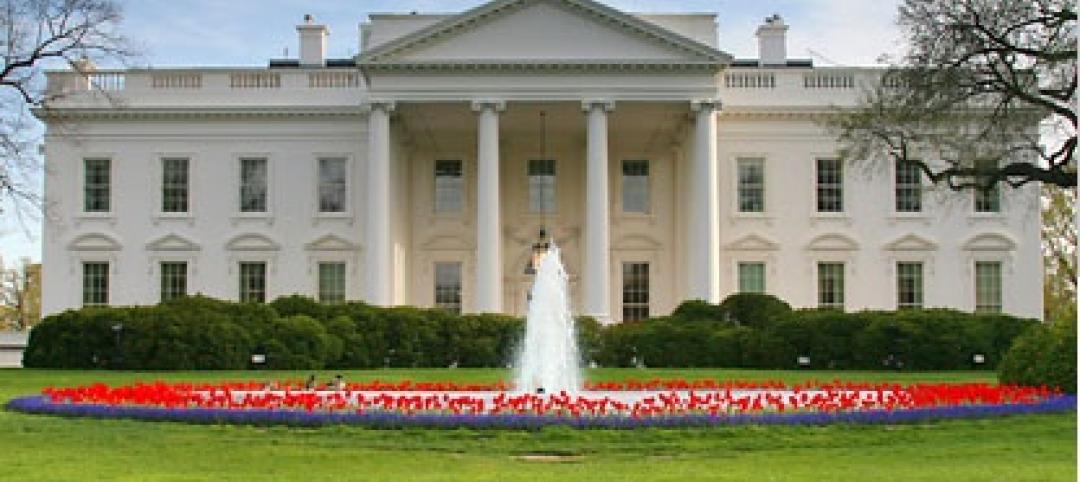There are 71.5 million sf of vacant office space in the Washington D.C. region. The national real estate brokerage Marcus and Millichap expects one-fifth of metro D.C.’s total office space to be empty by the end of this year. And another 1 million sq of office space could come onto this market over the next several years as businesses vacate older buildings once their leases expire.
The D.C. suburbs are fast becoming the latest American ghost towns, according to the Washington Post, as work styles have changed, preferences have shifted toward walkable commutes, and government—the area’s biggest employer—has shrunk.
The corporate campus is far from dead—just ask Google, Facebook, and other Silicon Valley companies that are building massive new headquarters and reinventing this concept to be transit-oriented and Millennial-friendly.
The D.C. suburbs are fast becoming the latest American ghost towns, as work styles have changed, preferences have shifted toward walkable commutes, and government—the area’s biggest employer—has shrunk.
The U.S. Bureau of the Census’ latest estimate for the value of private office construction put in place was up, year-to-year, 24.6% in May to $55.4 billion. Spending on public office construction in May rose 26.9% to $46.6 billion.
But in certain states, there have been mass evacuations of office spaces. In New Jersey, pharmaceutical firms that once operated sprawling suburban campuses have left millions of square feet of office space, warehouses, and labs deserted.
Empty office buildings have been a fact of life in D.C. and its suburbs for a while. By mid-2014, 11 Montgomery County, Md., office buildings totaling 2.25 million sf stood almost or totally vacant, and another nine, totaling 1.4 million sf, were “almost totally available”.
A portion of vacancies is attributable to federal government cutbacks. The Post reports that government agencies have been evacuating office and warehouse spaces in droves. They vacated 7,315 buildings with 47 million sf of office space in 2014 alone, reports Federal News Radio.
Still, office construction continues in D.C., and some developers and AEC firms view this market’s office space surfeit as an opportunity, although most of the recent activity is occurring within the city’s limits.
Skanska disclosed last week that it is investing $116 million in a new office building in D.C. The giant contractor will develop and build a new 11-story, Class-A office building with ground floor retail and four below-grade parking levels in Washington’s Capitol Riverfront submarket. The total leasable space will be about 22,000 sm (237,000 sf). Construction is scheduled to begin later this summer.
Tishman Speyer recently paid $30.5 million to acquire 2020 M Street N.W., the longtime D.C. bureau of CBS News, which it will redevelop into a modern office, newsroom and studio space for the media giant.
On July 21, Carr Properties, a local owner/operator/developer, acquired Columbia Center, a 393,815-sf, 12-story Class A office building in Washington D.C., for an undisclosed amount. In May, the Post reported that Carr Properties had raised $300 million from Alony Htez Properties and Investments, one of Israel’s largest real estate investment companies, to invest in local office buildings and development projects.
Related Stories
| Feb 14, 2011
More companies willing to pay extra for green office space
New CoreNet Global/Jones Lang LaSalle survey shows real estate executives forging green strategies that balance environmental, financial and workforce issues.
| Feb 11, 2011
RS Means Cost Comparison Chart: Office Buildings
This month's RS Means Cost Comparison Chart focuses on office building construction.
| Feb 11, 2011
Kentucky’s first green adaptive reuse project earns Platinum
(FER) studio, Inglewood, Calif., converted a 115-year-old former dry goods store in Louisville, Ky., into a 10,175-sf mixed-use commercial building earned LEED Platinum and holds the distinction of being the state’s first adaptive reuse project to earn any LEED rating. The facility, located in the East Market District, houses a gallery, event space, offices, conference space, and a restaurant. Sustainable elements that helped the building reach its top LEED rating include xeriscaping, a green roof, rainwater collection and reuse, 12 geothermal wells, 81 solar panels, a 1,100-gallon ice storage system (off-grid energy efficiency is 68%) and the reuse and recycling of construction materials. Local firm Peters Construction served as GC.
| Feb 11, 2011
Chicago architecture firm planning one of China’s tallest towers
Chicago-based Goettsch Partners was commissioned by developer Guangzhou R&F Properties Co. Ltd. to design a new 294,570-sm mixed-use tower in Tianjin, China. The Tianjin R&F Guangdong Tower will be located within the city’s newly planned business district, and at 439 meters it will be one of China’s tallest buildings. The massive complex will feature 134,900 sm of Class A office space, a 400-key, five-star hotel, 55 condominiums, and 8,550 sm of retail space. The architects are designing the tower with multi-story atriums and a high-performance curtain wall to bring daylight deep into the building, thereby creating deeper lease spans. The project is currently finishing design.
| Jan 21, 2011
Manufacturing plant transformed into LEED Platinum Clif Bar headquarters
Clif Bar & Co.’s new 115,000-sf headquarters in Emeryville, Calif., is one of the first buildings in the state to meet the 2008 California Building Energy Efficiency Standards. The structure has the largest smart solar array in North America, which will provide nearly all of its electrical energy needs.
| Jan 19, 2011
Baltimore mixed-use development combines working, living, and shopping
The Shoppes at McHenry Row, a $117 million mixed-use complex developed by 28 Walker Associates for downtown Baltimore, will include 65,000 sf of office space, 250 apartments, and two parking garages. The 48,000 sf of main street retail space currently is 65% occupied, with space for small shops and a restaurant remaining.
| Jan 7, 2011
Mixed-Use on Steroids
Mixed-use development has been one of the few bright spots in real estate in the last few years. Successful mixed-use projects are almost always located in dense urban or suburban areas, usually close to public transportation. It’s a sign of the times that the residential component tends to be rental rather than for-sale.
| Jan 4, 2011
An official bargain, White House loses $79 million in property value
One of the most famous office buildings in the world—and the official the residence of the President of the United States—is now worth only $251.6 million. At the top of the housing boom, the 132-room complex was valued at $331.5 million (still sounds like a bargain), according to Zillow, the online real estate marketplace. That reflects a decline in property value of about 24%.
| Jan 4, 2011
Grubb & Ellis predicts commercial real estate recovery
Grubb & Ellis Company, a leading real estate services and investment firm, released its 2011 Real Estate Forecast, which foresees the start of a slow recovery in the leasing market for all property types in the coming year.


